
The AIgorythm project

Playwright and actor
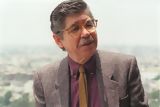
Novelist

Writer and poet

Volleyball player

Italian-Peruvian naturalist and geographer

Singer and percussionist

Last Inca emperor

Politician, former prime Minister

Journalist and TV host
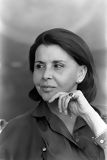
Poet

Inca warrior

Actor and comedian

Biophysicist

Poet

Doctor and researcher

Businessman, Interbank group

Journalist and writer
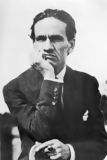
Poet and writer
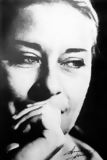
Singer and songwriter
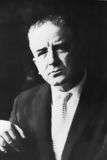
Writer

Film director, Berlin Golden Bear winner

Football player
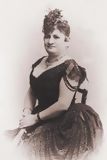
Writer and journalist
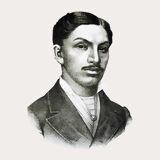
Doctor and scientist

Photograph

Chess player

Industrialist
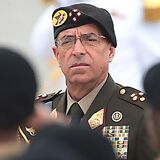
Former general

Specialist in public health

Actress and singer

Afro-Peruvian music singer

Mathematician and engineer

Indigenous chronicler

Neurologist and anthropologist

Painter

Football player
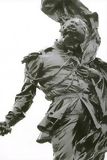
National hero, military leader

Intellectual and reformer

Chef and entrepreneur

Fashion designer

Singer-songwriter

TV presenter

Marathon runner

Indigenous Peruvian chronicler

Theologian

Former national team captain

Economist and former health minister

Inca princess

Writer and television host

Folk musician

Poet and guerrilla
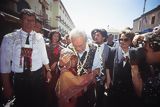
Former UN secretary-general

Chef, known for fusion cuisine

Football player

Peruvian aviation pioneer

Poet and artist
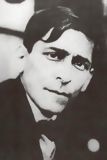
Marxist philosopher and writer

Industrialist and businessman
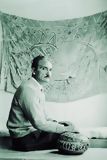
Novelist and ethnologist

Painter and muralist

Opera tenor

Fashion designer

Cardinal of Lima

Peruvian tennis player

Football coach

Leader of the indigenous rebellion
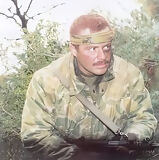
Military hero

Latin singer
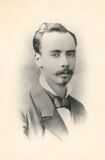
War of the Pacific hero

The youngest mother in history

Politician
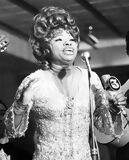
Creole music singer

Tennis player
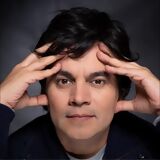
Musician

Writer and politician

Politician and founder of the Christian Democratic Party

Founder of Sodalitium Christianae Vitae

Archaeologist and anthropologist
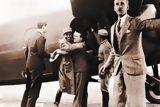
Military leader and politician

Television host
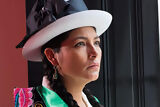
Actress and singer
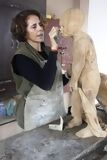
Contemporary sculptor
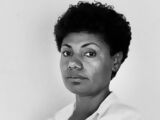
Women’s rights activist

Beauty queen

Astrophysicist

Heroine of independence
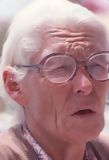
Mathematician and archaeologist

Historian and anthropologist
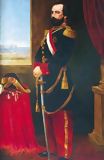
Military figure and historical figure

Fashion photographer
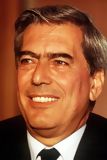
Writer, Nobel Prize in Literature, Politician

Revolutionary leader
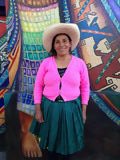
Environmental activist

Leader of the indigenous rebellion

Musician from Gaia band
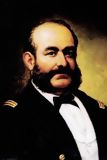
War hero
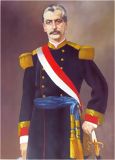
Military leader and politician

Chef, known for Nikkei cuisine

Volleyball coach and former player

Environmental activist

Television personality

Writer

Football player

Epidemiologist and former health Minister

Inventor and aerospace pioneer

Soldier and inventor

Rock singer

Chef and co-owner of Central restaurant

Painter

Football player

TV presenter and actress
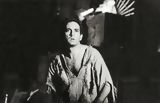
Actor
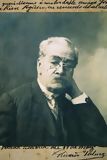
Writer and historian

Journalist and lawyer

Archaeologist, founder of Caral site
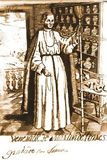
Monk and Saint
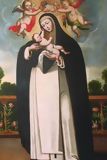
Saint, patron of Latin America

Physicist and engineer

World champion surfer

Actress

Oncologist
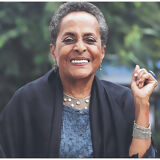
Singer, Latin Grammy winner

Former mayor of Lima

Singer

Actress

Former football player

Painter
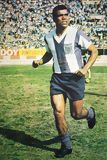
Former football player

Painter

Inca leader

Archbishop, saint
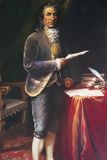
Leader of the indigenous rebellion

Revolutionary indigenous leader

Diplomat and intellectual

Sculptor and painter
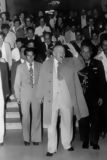
Political leader, founder of APRA

Lawyer and Former prime minister

Chef of Central restaurant

Former head of secret services

Popular singer

Fashion designer

Exotic music singer
José María Arguedas, born on January 18, 1911, in Andahuaylas in the Peruvian Andes, is considered one of Peru's most important writers of the 20th century. His literature is distinguished by its unique exploration of the tensions between Andean indigenous culture and the dominant Western culture. Arguedas gave a voice to the indigenous peoples of Peru, highlighting their struggles, resilience, and cultural richness. His life and work are closely tied to the history of The Andes, and his literary engagement is deeply rooted in his own personal experience.
Arguedas grew up in a mestizo family, but after the death of his mother, he was raised by Quechua indigenous servants, which shaped his cultural identity. Due to the negligence of his father, he became closer to these Quechua communities than to his own family, learning their language and customs. These early years allowed him to witness firsthand the marginalization and suffering of indigenous peoples, a reality he later expressed in his writings.
He pursued his studies in Lima, where he excelled in literature and ethnology. Arguedas soon began to integrate his academic knowledge with his personal experiences to create a literary work that reconciled both worlds: the indigenous and the Western.
Arguedas is often regarded as a writer of "Andean realism," a literary style focused on the social, economic, and cultural realities of The Andes. Through his novels and short stories, he explores tensions between social classes, ethnic conflicts, and the changes brought about by modernization in Peru's rural communities.
His first major novel, Yawar Fiesta (1941), deals with the struggle between indigenous traditions and the modernizing forces that threaten to erase them. This book immediately captivated Peruvian readers and was praised as a faithful representation of Andean indigenous culture.
His most famous novel, Deep Rivers (1958), is considered one of the greatest works of Peruvian literature. The book tells the story of Ernesto, a young boy who, like Arguedas, grows up between the indigenous and Western worlds. Through Ernesto's eyes, Arguedas explores the complexities of cultural identity and the challenges of modernization in Peru.
This novel is often seen as autobiographical, as Arguedas reflects on his own experience. The protagonist, like the author, is caught between two worlds and attempts to reconcile his indigenous roots with the pressure to integrate into modern Peruvian society.
Beyond his literary work, José María Arguedas was also an ethnologist and a defender of indigenous peoples' rights. He worked as a teacher and researcher, and his commitment to preserving Andean cultures was evident in everything he undertook. Arguedas believed that indigenous culture was essential to Peruvian identity and that it should be protected from the forces of modernization and Westernization.
His work is infused with this desire to preserve indigenous culture. Arguedas was firmly opposed to the idea that modernization meant the erasure of indigenous traditions and languages. On the contrary, he believed that Peru should build an identity that integrates and respects its diverse cultures.
Arguedas' life was marked by periods of deep personal pain. Due to his own struggles with cultural identity and internal conflicts, he suffered from depression for much of his life. In 1969, after completing his final novel, The Fox from Above and the Fox from Below, he committed suicide, leaving behind a powerful literary and intellectual legacy.
Although his life ended tragically, José María Arguedas' work continues to influence writers and thinkers around the world. He is recognized not only for his literary talent but also for his commitment to giving a voice to those who have been historically marginalized.
José María Arguedas remains one of the most respected figures in Peruvian literature. His commitment to indigenous culture and his ability to capture the complexities of cultural identity in his works have earned him a prominent place in the Latin American literary canon. Even today, his books continue to be read and studied, reminding the world of the importance of preserving cultural diversity.